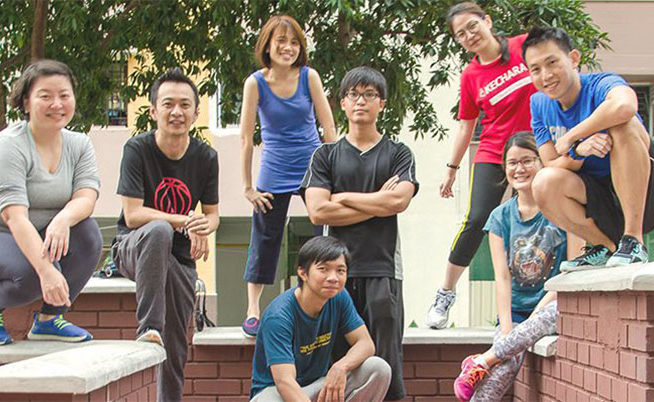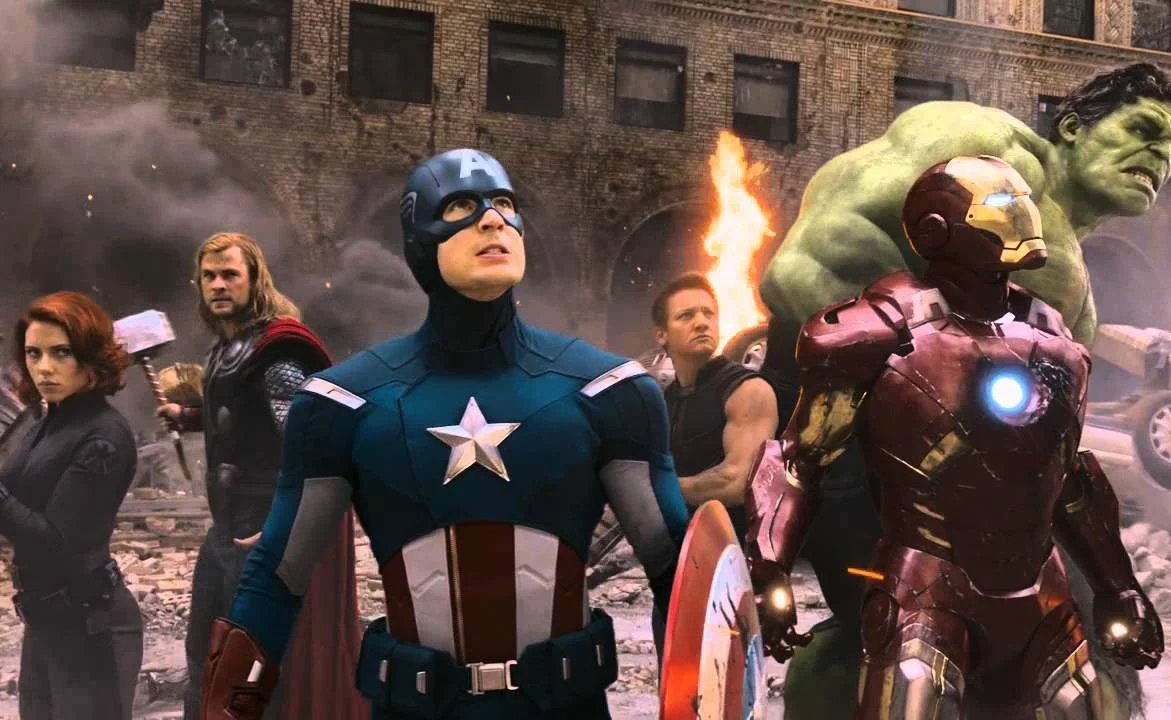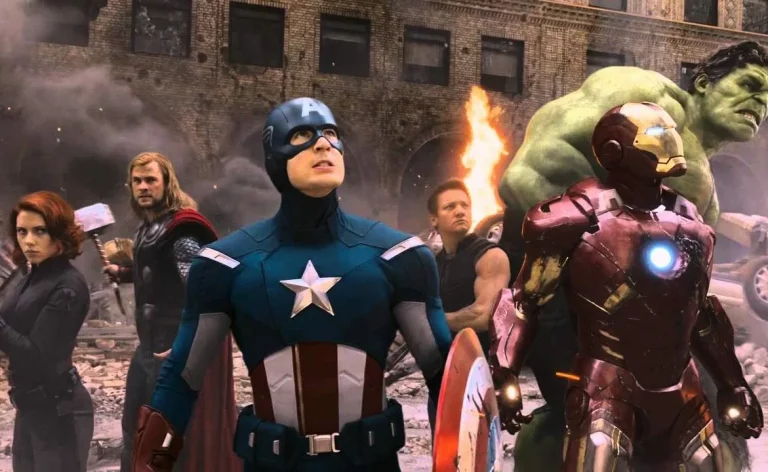Why do companies place so much importance on teamwork? To some, it’s the best excuse for social loafing. But to others, teamwork ensures synergy, where the sum can be greater than its parts. Good teamwork is often touted as a success multiplier.
To foster teamwork, companies invest in team building activities. In most cases, employees are tasked to engage in collegial games like swamp crossing and human pyramids designed to establish trust and cooperation among individuals, test out leadership skills and push people to work as a group to achieve a common purpose. In the most extreme cases, feuding departments can find themselves assigned to work out their issues over a game of paintball or laser tag.

But with such team building activities, there is always a goal and an overt agenda. Sure, they’re time spent outside the office, but I’ve heard from many that they nevertheless feel like work. For me, I like to make a distinction between team building and team bonding. The former sounds calculated and fairly mechanised; the latter sounds more emotionally engaging and likely more effective in yielding meaningful teamwork.
The benefits of team bonding

The whole idea behind team bonding is to develop mutual understanding and establish emotional connections between individuals. It runs deeper than being part of a temporal human chain link. Shared recreational activities like a city hop, an excursion and non-competitive sports allow you to not only spend time together as a group, they let you discover new dimensions of yourself while shaping new dynamics within a team. It’s doesn’t feel forced. It’s more relaxed, convivial and disarming. Simply because people approach it as recreation and not work.
How do you then create this disarmingly useful environment? Putting people in unfamiliar situations often help. In unfamiliar situations, our mind and body re-wire quickly to help us discover new surroundings, ideas and connect new dots. It’s about giving people a shared stimulus and letting their individual reactions and attitudes surface and interact.
How we foster teamwork
At antics@play, we have Creativity Days–excursions to gain inspiration and view the latest creative happenings in town: An art collection visit, a photography workshop, a design hop, stand-up comedy, or even a jaunt through a haunted maze. Knowing how your co-workers respond to the same information or stimulus differently from yours is a huge part of diversity management. And these are probably the kind of raw behavioural and attitudinal insights you likely won’t excavate from a human pyramid.
Similarly, we periodically switch off our computers and lock the office to go experience dance forms, recreation sports, arcade face-offs or even parkour (pictured above). We call these Sports Days. Not only do they provide excuses for us to goof off for a couple of hrs and work off those gallons of lattes, these shared activities reveal surprising facets of ourselves…to ourselves, and to each other.
Individually, we learn just how far we are willing to push our own boundaries, aptitudes and interests. Collectively, we also get to discover shared competencies, and mine insights such as, who among us is the habitual corner-cutter, who is the most adventurous, who has the hardiest constitution, who is secretly the most competitive and who is the best actor. The best part is, we also end off these outings with enough incriminating evidence of each other’s greatest hits and misses, fashion faux pas and face plants to last a few lifetimes.
And when you have dangerous and incendiary stuff like this, that’s when you truly understand how bonded you are with one another.






